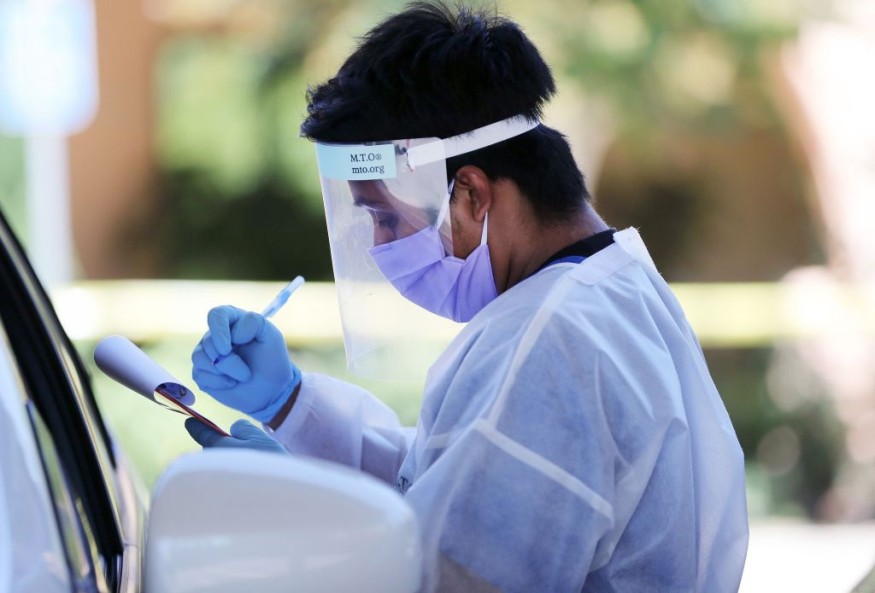New Study: CDC, White House Fail to Meet Health Literacy Guidelines

The U.S. Centers for Disease Control and Prevention, the White House, and the state health departments have failed to meet the health literacy guidelines when it comes to passing COVID-19 information to the public.
This was according to the new study done by Darthmouth College researchers, which was released on Tuesday.
The CDC, the American Medical Association, and the National Institutes of Health all said that medical information for the public should be written at no more than eight-grade reading level.
But researchers found that public information released about COVID-19 have an average of over 11th-grader reading level.
They found the result after looking at 137 federal web pages.
This spur worries the public health experts, who previously cited health inequities among vulnerable communities mostly affected by the COVID-19 pandemic.
Joseph Dexter, senior author of the study and a fellow at Dartmouth's Neukom Institute for Computational Science, said that how public information is given can influence the understanding of medical recommendations.
"During a pandemic, it is vital that potentially lifesaving guidance be accessible to all audiences," Dexter was quoted in a USA Today report.
States are not required to follow the said guidelines. But experts said that it is needed for everyone to understand the given health information.
The 2003 National Assessment of Adult Literacy found that only 12 percent of American adults show proficient health literacy.
The study also showed that all 50 U.S. states have given health information above the recommended eight-grade reading level.
Nine of the 10 states with the highest illiteracy rates have written the said health information in above 10th grade level.
Dexter said that the differences between eight-grade and 11th-grade reading level are crucial.
Dexter explained that text written at a higher grade level can cause people to miss the most important information.
Dexter also expressed concerns that people might turn to less credible sources if the unreliable information can be easily understood.
He said that COVID-19 related information can be complex, contradictory, and sometimes false.
Misinformation About COVID-19
With the rampant spread of false information on COVID-19, the World Health Organization has provided a "mythbusters" section on their COVID-19 fact sheet.
Included in its mythbusters section is about Hydroxychloroquine, saying that it has no proven studies that it can treat COVID-19.
WHO also included other common myth about COVID-19 such as wearing face mask while exercising, and prolonged wearing of masks can cause oxygen deficiency among others.
It also provided a section teaching people how to use a face mask and the right time to use it.
WHO also joined forced with the Government of the United Kingdom to run an awareness campaign about the risks of false information about COVID-19 pandemic.
The global campaign is entitled "Stop The Spread," with goals to raise awareness of misinformation around COVID-19.
The campaign also urges the people to double check information with trusted sources such as WHO and national health authorities.
This campaign is running in many countries across Africa, Asia, Europe, Middle East, and Latin America.
Check these out:
Are Young People Less Likely to Catch Covid-19? One-Third of the Youth in Latin America and the Caribbean Think So
Schools Might Gatekeep COVID-19 Cases Due to Privacy Laws
Leaked Intel Reveals China Hid Crucial COVID-19 Research Information From the World
Subscribe to Latin Post!
Sign up for our free newsletter for the Latest coverage!
















